Preventive Solutions
Preventing Hearing Loss
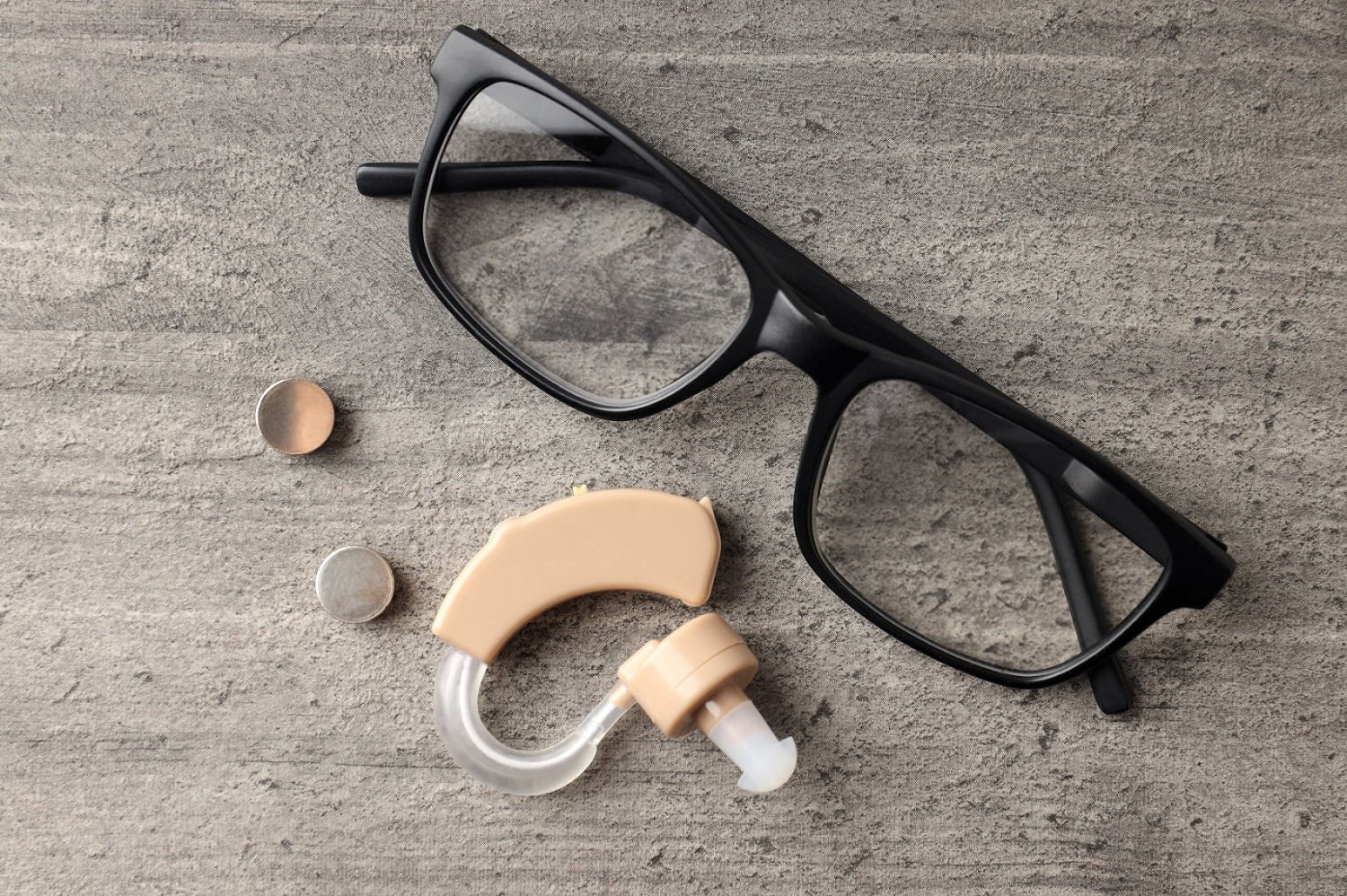
Prolonged exposure to loud sounds has the potential to cause permanent damage to your hearing. Safeguarding your auditory health from such threats involves adopting simple yet effective measures. Implementing these practices can help protect your hearing and prevent the long-term consequences of exposure to loud noises.

1. Minimize Exposure to Loud Sounds and Use Ear Protection
Minimize Exposure: Keep away from loud environments to reduce the risk of noise-induced hearing loss.
Recognize Warning Signs: Be aware of signs that noise may be damaging your hearing, such as having to raise your voice, difficulty in hearing nearby conversations, ear discomfort, or experiencing ringing/muffled hearing afterward.
Decibel Levels Matter: Understand that noise levels are measured in decibels (dB), and sounds exceeding 85dB, especially with prolonged exposure, can be harmful.
Examples of Decibel Levels: Get familiar with decibel levels of various sounds: whispering (30dB), conversation (60dB), busy traffic (70 to 85dB), motorbike (90dB), music on full volume through headphones (100 to 110dB), and a plane taking off (120dB).
Smartphone Apps for Measurement: Use smartphone apps to measure noise levels, but ensure proper calibration for accurate readings.
Hearing Protection Devices: If exposure to loud noise is unavoidable, prioritize the use of hearing protection devices to safeguard your auditory health.
2. Cautious Music Listening Habits
Choose Noise-Cancelling Devices: Opt for noise-cancelling earphones or headphones instead of turning up the volume to block outside noise.
Moderate Volume Levels: Set the volume just enough for comfortable listening, avoiding levels exceeding 60% of the maximum. Some devices offer automatic volume-limiting settings.
Limit Listening Time: Refrain from using earphones or headphones continuously for more than an hour. Take a break of at least 5 minutes every hour to give your ears a rest.
Volume Reduction Matters: Even a slight reduction in volume can significantly lower the risk of hearing damage.
Regular Hearing Check-ups: Schedule periodic hearing check-ups to monitor your auditory health and address any concerns promptly.
Wear Noise Protectors: When in noisy environments, consider using noise protectors to further safeguard your hearing.
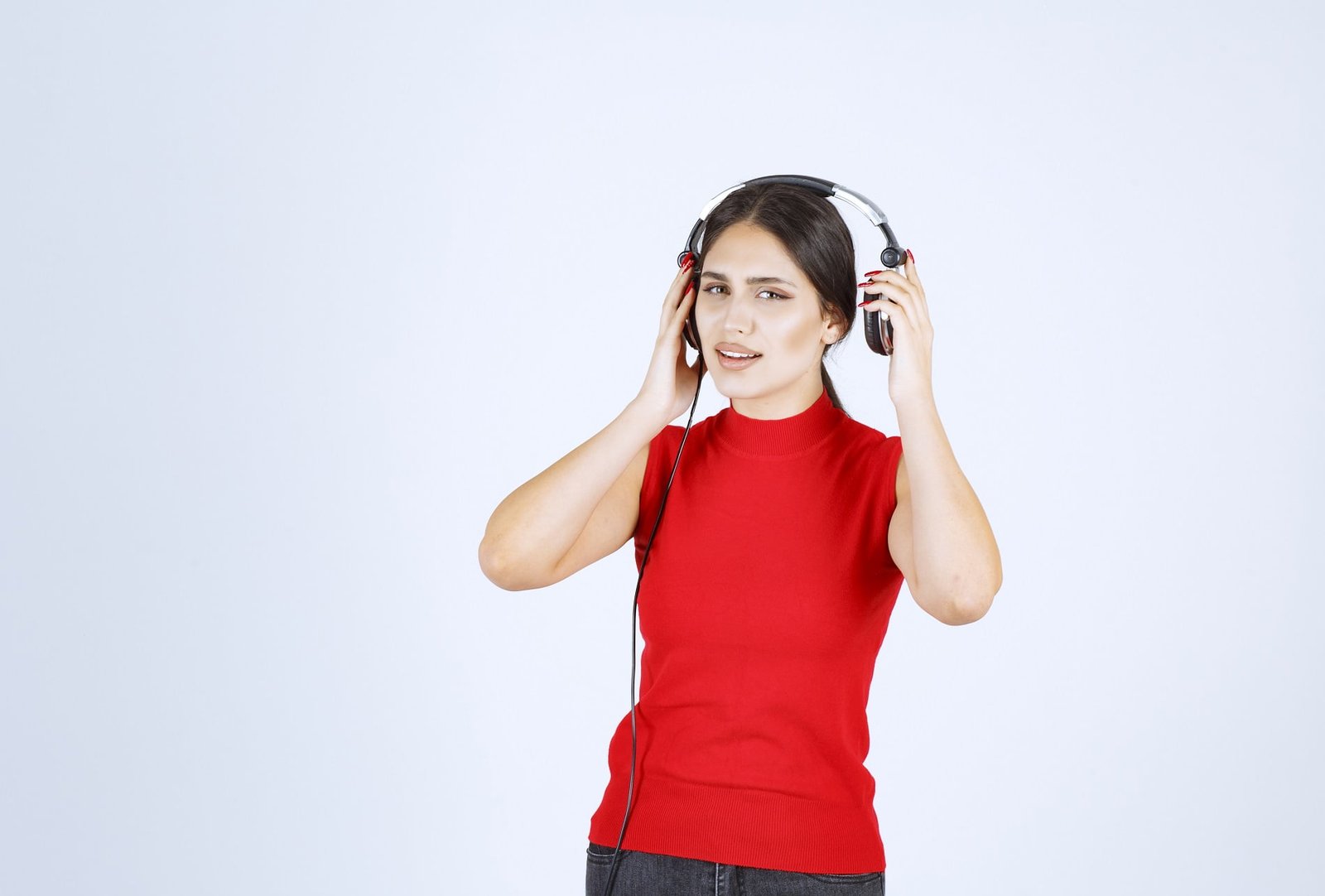
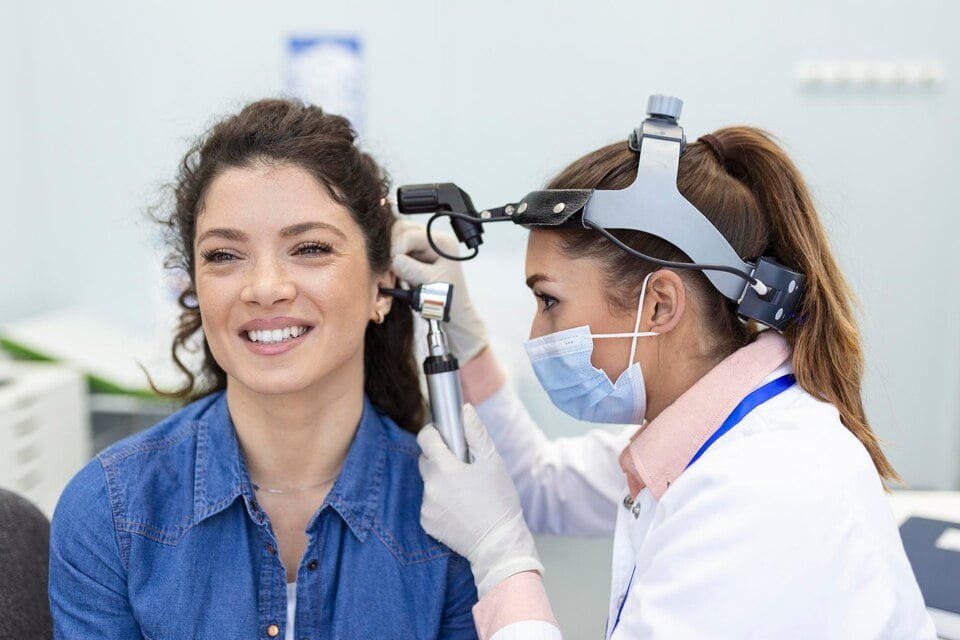
3. Preserve Hearing in Loud Environments
Distance from Loud Sources: Move away from sources of loud noises, like loudspeakers, to reduce direct exposure and potential hearing damage.
Take Regular Breaks: Incorporate breaks from the noise approximately every 15 minutes to allow your ears moments of respite.
Recovery Time: Allow your hearing about 18 hours to recover after prolonged exposure to high volumes at events or activities.
Consider Earplugs: Enhance protection by considering the use of earplugs during loud events, such as nightclubs, gigs, or sports events.
4. Workplace Hearing Protection
Communication with HR: If exposed to loud noises at work, communicate with your human resources (HR) department or occupational health manager to address potential risks.
Employer Obligations: Your employer is obligated to make changes to minimize your exposure to loud noise, such as switching to quieter equipment, ensuring limited exposure duration, and providing hearing protection like earmuffs or earplugs.
Utilize Hearing Protection: Wear any hearing protection provided to you consistently, following guidelines to maximize its effectiveness in reducing noise exposure.
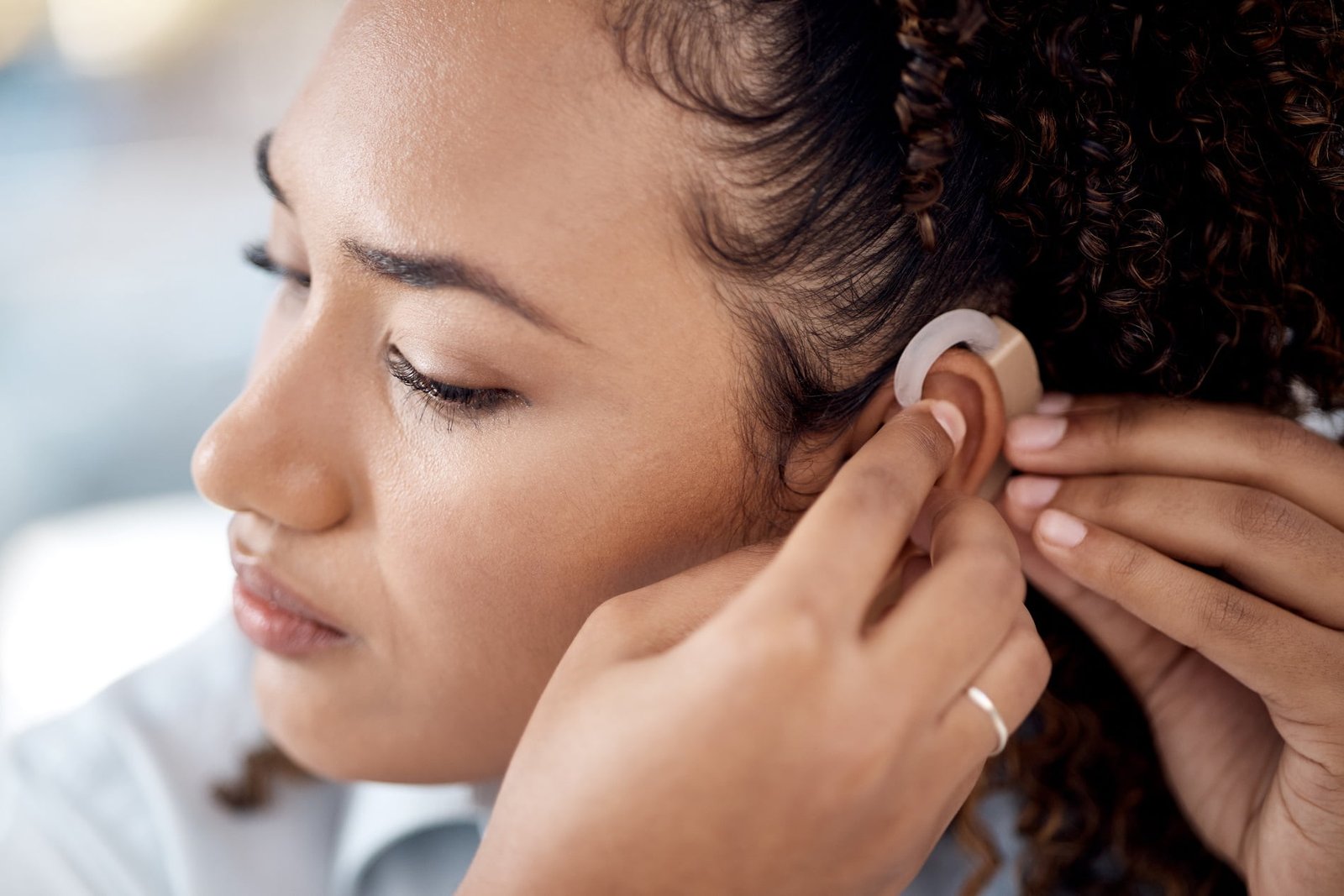
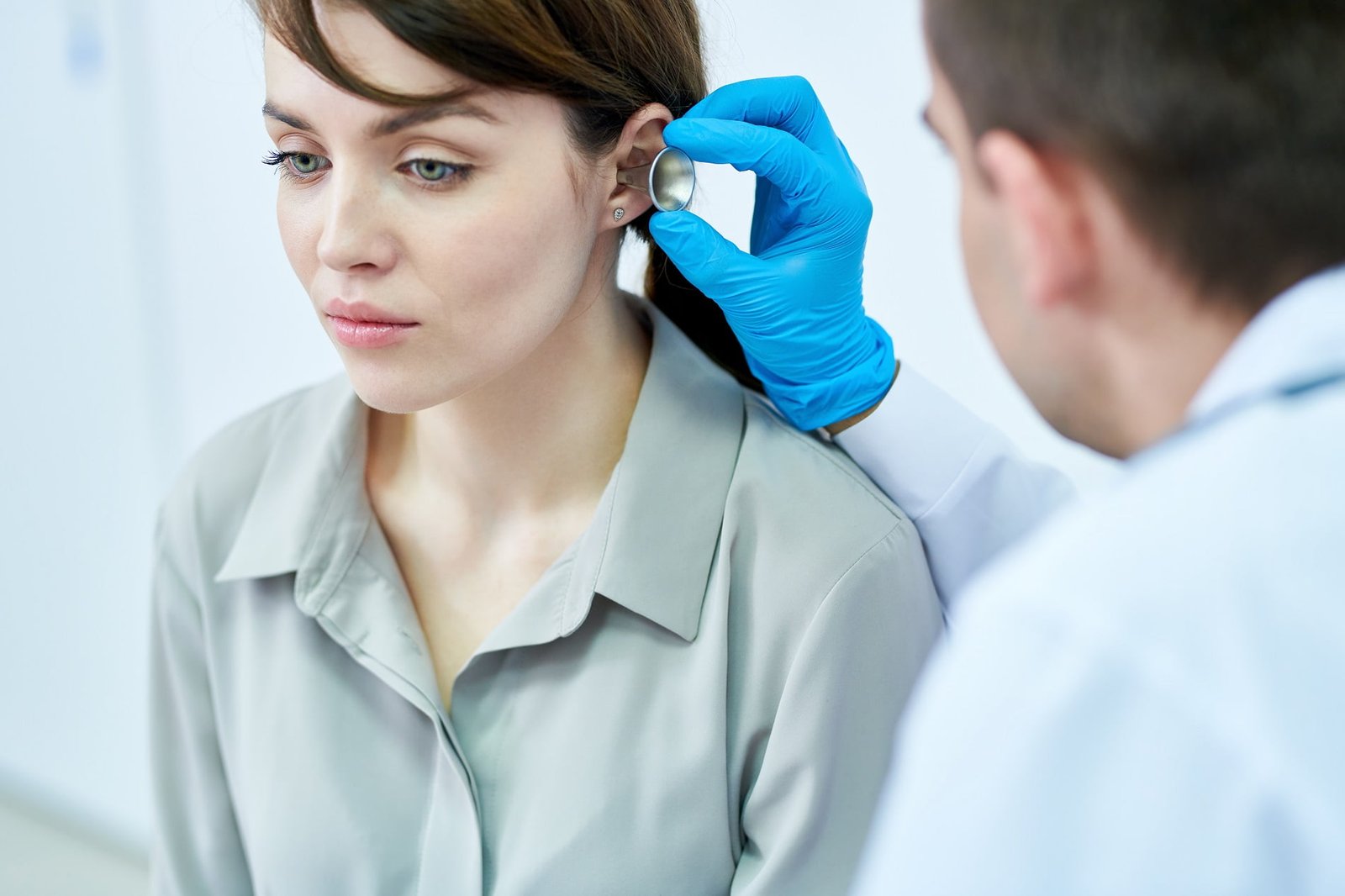
5. Prioritize Your Auditory Health with a Hearing Test
Ensure prompt scheduling of a hearing test if you:
- Work in a Noisy Environment.
- Frequent Headphone Use.
- Family History of Hearing Loss.
- Age Over 50.
- Difficulty in Noisy Environments.
- Elevated TV Volume.
- Phone Communication Challenges.
- Frequent Need to Repeat.
6. Prioritize Cardiovascular Health for Hearing Wellness
Link Between Cardiovascular Health and Hearing: Recognize the connection between high blood pressure, heart disease, and potential damage to the delicate mechanisms in the ear crucial for hearing.
Guard Against Damage: Understand that maintaining healthy blood pressure and heart function is essential to safeguarding the intricate auditory structures.
Follow Medical Guidance: If diagnosed with high cholesterol or blood pressure, diligently adhere to your doctor’s prescribed treatment plan to effectively manage and control these health conditions.

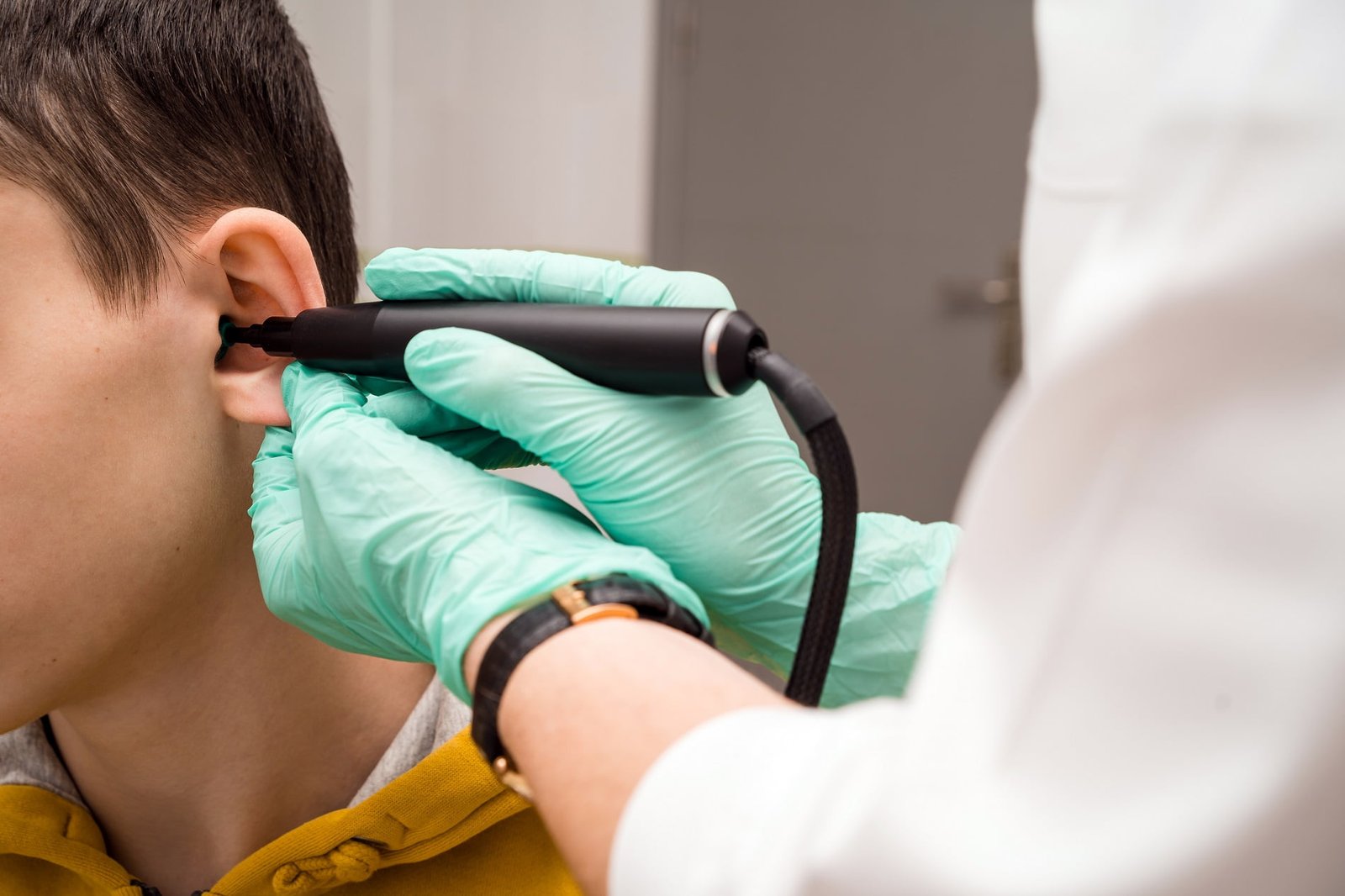
7. Control Diabetes for Hearing Wellness
Diabetes and Hearing Loss Connection: Acknowledge the established link between diabetes and a higher likelihood of experiencing hearing loss.
Protect Inner Ear Cells: Understand that diabetes can potentially damage cells in the inner ears, impacting hearing function.
Blood Sugar Management: Prioritize controlling blood sugar levels to mitigate the risks associated with diabetes-related hearing loss.
Adherence to Medical Guidance: Follow your doctor’s recommendations and orders for managing diabetes, ensuring a comprehensive approach to overall health and hearing well-being.
